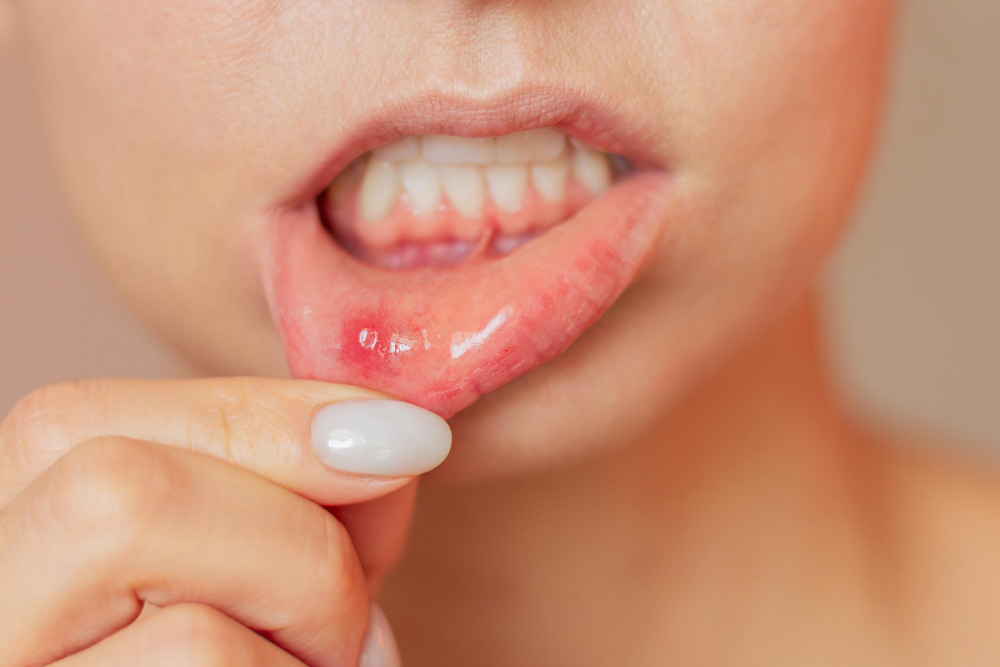Mouth ulcers, also called canker sores, are small, painful spots inside the mouth. Many people notice that these sores keep coming back. In fact, recurrent mouth ulcers can make eating and talking uncomfortable. This blog explains why mouth ulcers (canker sores) keep coming back, their causes, symptoms, and how you can prevent and treat them.
What Are Mouth Ulcers (Canker Sores)?
Mouth ulcers are open sores that form on the soft tissues inside your mouth. For example, they may appear on the inside of your cheeks, lips, or under your tongue. Unlike cold sores, mouth ulcers are not contagious. Most ulcers heal on their own within one to two weeks. However, some people get them often, which is called recurrent mouth ulcers.
Common Symptoms
Usually, mouth ulcers are easy to spot. Still, it helps to know the signs. Common symptoms include:
Although most ulcers are harmless, they can be very uncomfortable.
Why Do Mouth Ulcers Keep Coming Back?
Many people wonder why their mouth ulcers keep returning. There are several causes and risk factors. Some of the most common reasons include:
Because many factors can play a role, it is not always easy to find one clear cause.
Diagnosis and When to Seek Help
Most mouth ulcers do not need special tests. Usually, a dentist or doctor can diagnose them by looking at your mouth. However, you should seek help if:
Sometimes, blood tests or other exams may be needed to check for underlying health problems. According to the CDC, seeing a healthcare provider is important if you have frequent or severe mouth ulcers.
Effective Treatment Options
Although most mouth ulcers heal on their own, treatment can help reduce pain and speed up healing. Common treatment options include:
However, you should avoid spicy or acidic foods until the sore heals. If you have frequent or severe ulcers, your doctor may check for other health issues.
Prevention Tips and Lifestyle Guidance
Preventing canker sores is possible for many people. Here are some helpful tips:
In addition, using toothpaste without sodium lauryl sulfate may help some people. These steps can lower your risk of recurrent mouth ulcers.
When to See a Dentist or Doctor
Although most mouth ulcers are not serious, you should see a dentist or doctor if:
Early care can help find and treat any underlying problems. The World Health Organization recommends seeking medical advice if you have frequent or severe mouth ulcers.
If you have frequent or severe mouth ulcers, consult a dentist for personalized advice and treatment options.
